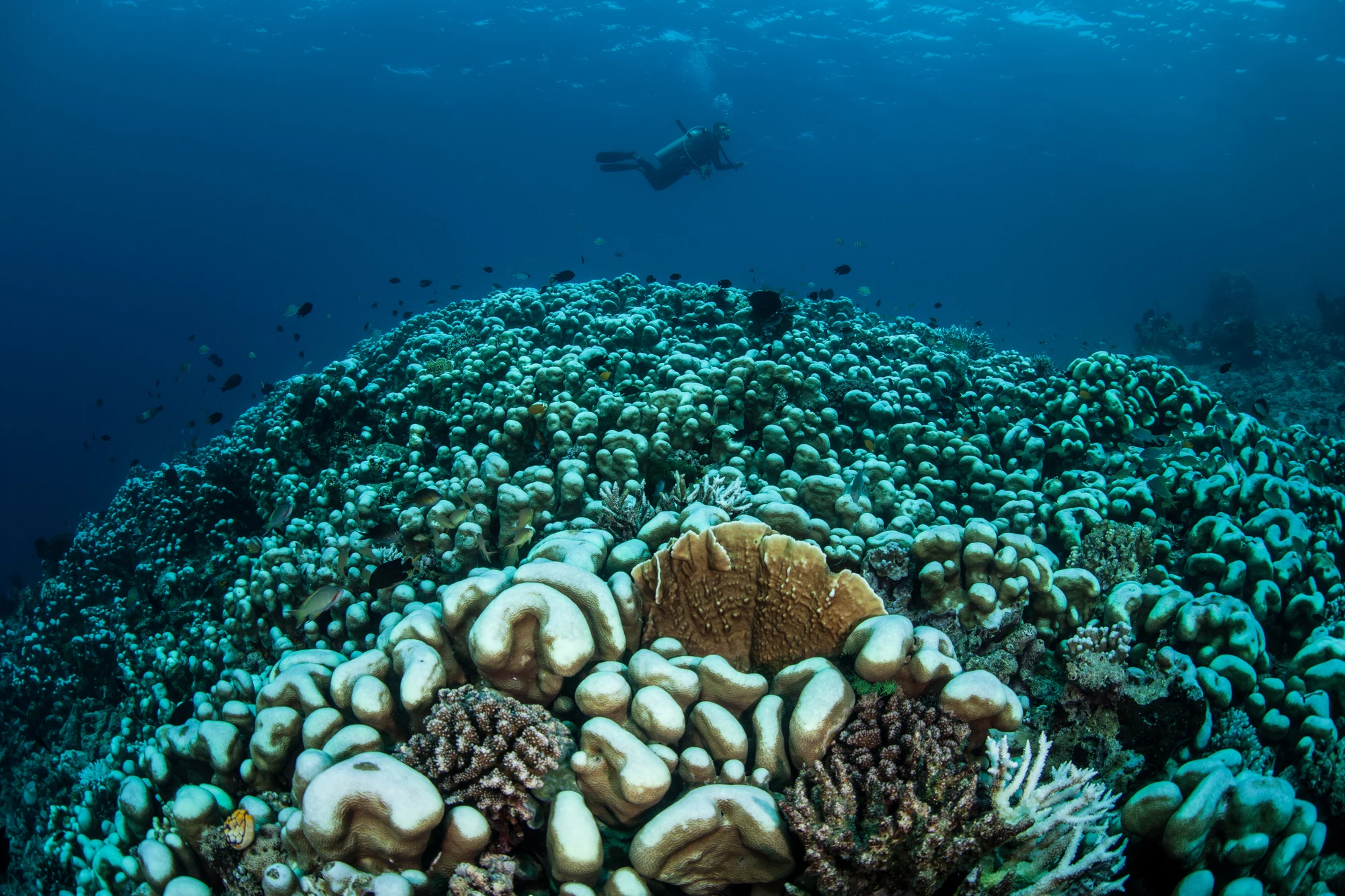The world’s corals face a fight for survival as our oceans continue to warm, and scientists are pulling out all stops in an attempt to give them a fighting chance. An international team of researchers has made a discovery that could prove useful to these efforts, using the CRISPR/Cas9 system to identify a key gene that regulates the corals’ response to heat stress.
Over the past few years we've looked at a variety of technologies and research projects aimed at shoring up coral’s ability to survive. These range from raising turbo-charged coral babies in rearing pools, to using underwater speakers to attract fish that replenish damaged reefs, to using floating films to protect vulnerable populations, but all look to address the same problem, known as coral bleaching.
This occurs when abnormal sea temperatures stress the algae living in the coral tissue and causes them to leave, breaking a symbiotic relationship that provides the corals with essential nutrients and the algae with a place to live and perform photosynthesis. The departure of the colorful algae leaves the coral withering, white and in danger of dying.
The new research was led by scientists at the Carnegie Institution for Science and sought to investigate the genetic underpinnings of this process. The team leveraged the CRISPR/Cas9 gene editing tool to analyze a sea anemone species called Aiptasia, through which they identified a protein called Heat Shock Factor (HSF1) that activates many genes relating to heat stress response.
Anemones are close relatives to photosynthetic algae and are considered a good model for study, so the team turned its attention to the coral species Acropora millepora. Again using CRIPSR/Cas9, the team created mutations in the genes that encode for the HSF1 protein in the corals. Without this protein, the mutant coral indeed died more rapidly when subjected to warmer waters.
This finding not only improves our understanding of why it is that coral respond to abnormal sea temperatures in this way, but offers a new pathway for researchers and conservationists to pursue in their efforts to preserve them in the face of warming oceans.
“Our work further demonstrates how CRISPR/Cas9 can be used to elucidate aspects of coral physiology that can be used to guide conservation,” says Phillip Cleves, who led the research. “This time we focused on one particular heat tolerance gene, but there are so many more mechanisms to reveal in order to truly understand coral biology and apply this knowledge to protecting these important communities.”
Two papers detailing the research were published in the journal Proceedings of the National Academy of Sciences (1) (2).
Source: Carnegie Institution for Science




